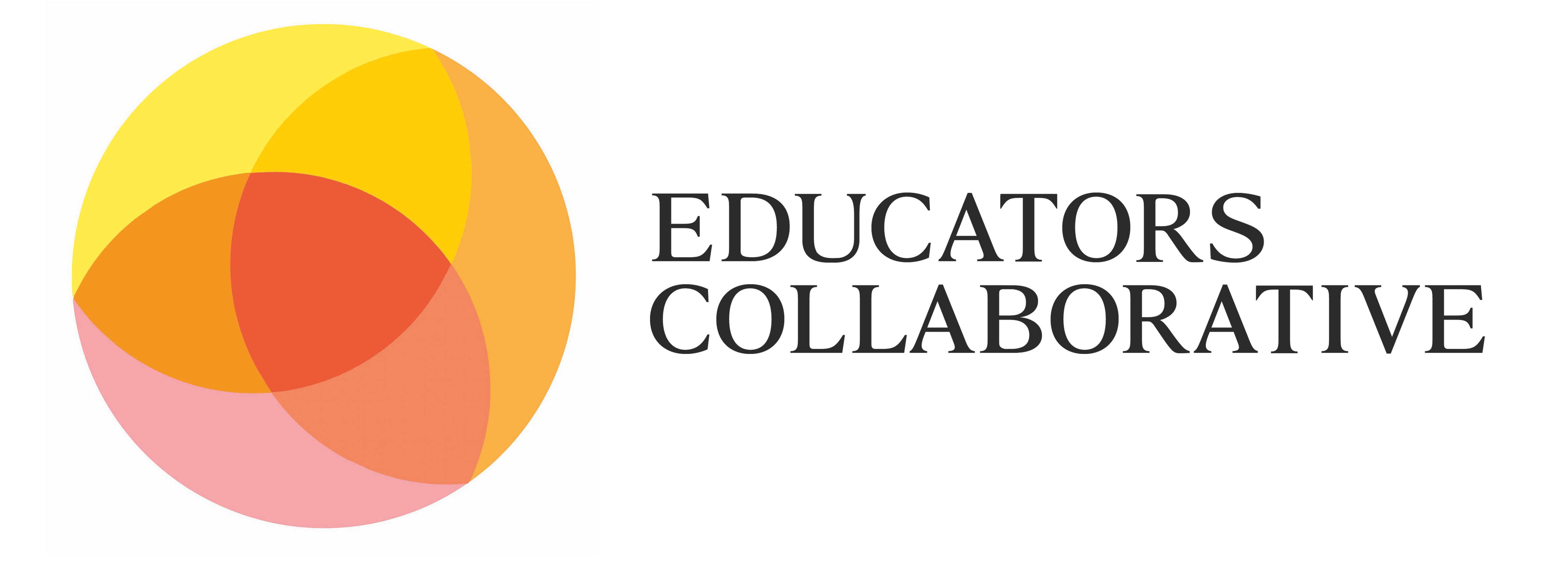
Resume Basics
Brenda Hamm | January 10th, 2023
1) Don’t be a George Santos.
Be honest. Contrary to some perverse popular culture assumptions out there, you should never exaggerate about or fabricate who you are or what you have done.
2) Describe your accomplishments.
Make your resume more than just a list of jobs. Anyone in schools reading a resume will know what the daily tasks of being a teacher, dean, director, department chair, coach, etc. are. Therefore, be sure to identify your accomplishments. For example, if you taught history, share that you designed an elective course, became an A.P. reader, or led the committee on curricular continuity! Don’t bother to say you prepared lesson plans or corrected essays. Be sure to include all supervisory roles you held. For example, if you were a Dean of Students did you oversee the advising program or grade level deans? These are accomplishments and they are important.
3) Format matters.
Make your resume easy to read and easy to understand. This means the header needs to include your name and contact information such as email, mailing address, and cellphone number. If you don’t want anyone contacting you at your current place of employment then don’t include that phone number or email address. One or two pages is a good length. More pages means you are trying to write a CV, which is more appropriate for a position in higher education. Send it as a pdf so that the formatting stays consistent and your document can be opened on any operating system.
4) Use reverse chronological order when listing your work experience.
Include the title of the position you held, the dates you held it, the name of the school or other organization where you worked, and the town and state where it is located. If it is a school then also share a bit about it. For example, 5-12, progressive, co-ed, boarding, two campuses, and 450 students are all helpful contextual descriptors for someone reading your resume. Use them. If it isn’t a school, include details about the organization that tell the reader its purpose, size, and scope.
5) Yes, include your personal education.
Education as in college and university degrees should be listed as a separate category either at the very beginning or at the end of your resume and include accomplishments such as awards or dissertations. Other items to include are major and/or areas of study and dissertation and/or senior thesis topic.
6) What about collegiate sports, theater, or musical participation?
Yes. Anything that is in alignment with an independent school’s offerings (athletic teams, drama productions, ensembles, choirs, etc.) are definitely worth adding to your resume. If you attended an independent middle or secondary school you should feel free to include that in your resume as well under education. Volunteer work and hobbies can be positive additions and some discretion should be used. If they share a side of you that won’t come up elsewhere or they might be useful in a school setting they may help the reader of your resume connect to you personally and place you, in their mind, in the community.
7) Public to independent school transition.
If you are applying for a position in an independent school after working in public schools, pay attention to the language you use on your resume. Look over the independent school’s website for clues to job titles, mission descriptors, and content areas among other things. Pay particular attention to any acronyms and educational jargon or lack thereof. Having worked in independent, public, and charter schools, my assessment is that public schools win, hands down, for the number of acronyms and specialized words used to express educational ideas, theories, and practices. Master Reading Teachers are MRTs. Education Value-Added Assessment System is EVAAS. Or is that the Education Visualization and Analytics Solution? Independent schools typically shy away from the use of acronyms and excessive educational jargon. Essentially, just try to match the tone and language of the school to which you are applying.
8) Gaps in your timeline.
If there are significant gaps in the timeline of your employment history you should address this. Either include an explanation in your cover letter if the reason is additive i.e., you were raising children or traveling the world or necessary. COVID has added a new factor of fluidity to employment trajectories over the last few years. Discuss with your search consultant what makes the most sense.
9) Had to leave your last job?
If you left a position because you were fired or there was some other situation that meant you had to leave, you should definitely talk this over with your search consultant. They will advise you on what is essential information and the best way to communicate it.
10) No need to lead with a career objective. Just leave that out. You have an educational leadership philosophy statement and a cover letter that will cover anything you might be tempted to put into a career objective at the top of your resume.
Interested in learning more about how we can help?

EXPERTS IN SEARCH, TRANSITION & STRATEGY
